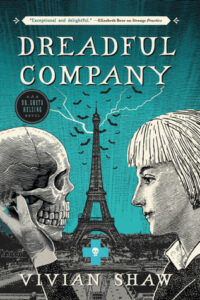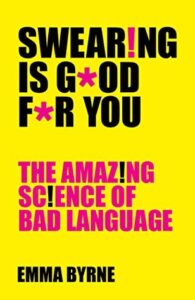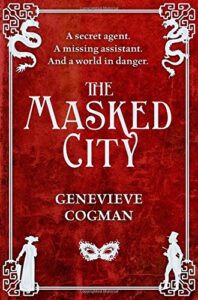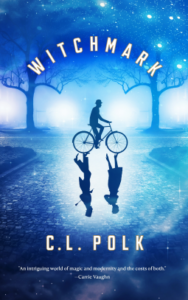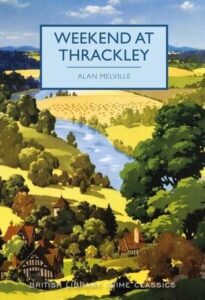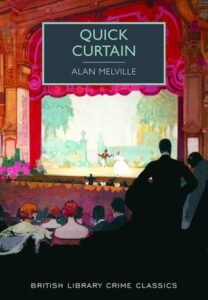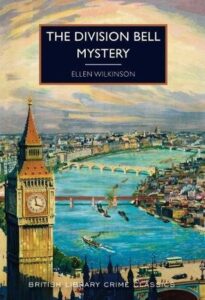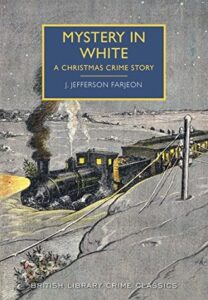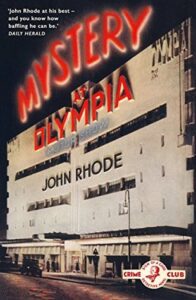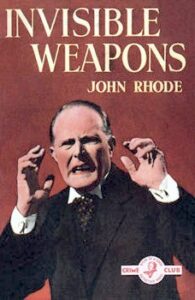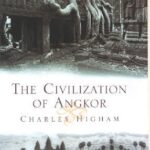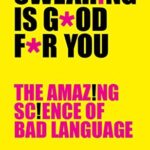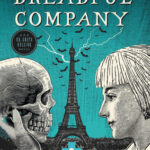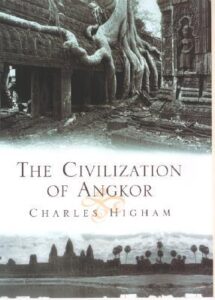The three ‘W’s are what are you reading now, what have you recently finished reading, and what are you going to read next, and you can find this week’s post at the host’s blog here if you want to check out other posts.
What are you currently reading?
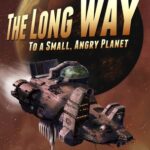 I’m partway through rereading The Long Way to a Small Angry Planet, since the new book in that world is out now. I keep picking it up meaning to read a couple of pages and just sinking back into it, and suddenly, boom! I lost half an hour. Not that I mind that too much!
I’m partway through rereading The Long Way to a Small Angry Planet, since the new book in that world is out now. I keep picking it up meaning to read a couple of pages and just sinking back into it, and suddenly, boom! I lost half an hour. Not that I mind that too much!
I also accidentally picked up Circe, by Madeline Miller, after reading people’s raptures about it on Litsy. I meant to just read a couple of pages (I know, I know, it’s a theme with me) and then found I’d read over 100 while my game was paused. Oops.
Then I accidentally picked up A Study in Honor, too. It’s an interesting choice for a Sherlock Holmes retelling. It’s actually reminding me somewhat of Witchmark, but I think that’s partly the main characters being doctors in both books.
 What have you recently finished reading?
What have you recently finished reading?
The last thing I finished was Think Again: How To Reason and Argue by Walter Sinnott-Armstrong. I’m not sure yet quite what I think of this: it’ll probably become clear to me as I write the review! It definitely has good tips on how to understand other people’s arguments and put together a strong argument yourself, but it also has a lot of commentary on the right/left divide in politics.
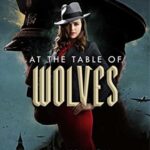 What will you be reading next?
What will you be reading next?
Well, chances are I’m going to succumb to a new shiny and pick up Kay Kenyon’s At the Table of Wolves. It mentions Marvel’s Agent Carter in the blurb, and the cover is basically Peggy Carter with some colours switched round, and I’m kind of into that (even though I still haven’t actually watched Agent Carter).
What are you reading?

